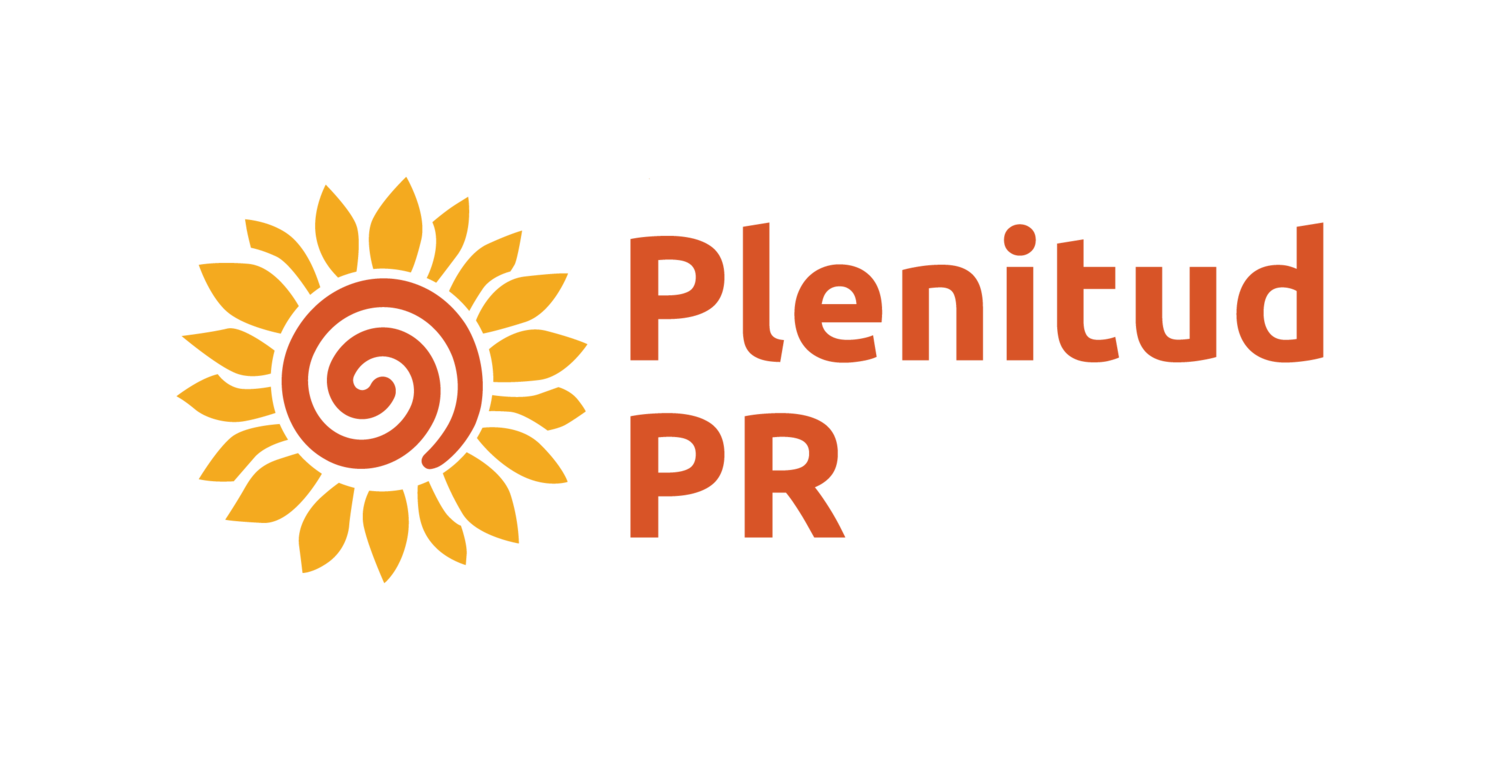Lamento Borincano
Me and my grandfather, Nemesio DeJesus.
There are two lines in the song “Lamento Borincano” by Rafael Hernández Marín that tighten my throat every time I hear or sing them: “¿Qué será de mi Borinquen, mi Dios querido? ¿Qué será de mis hijos y de mi hogar?” --What will happen to Borinquen (Puerto Rico), my dear God? What will happen to my children and my home?
It’s an old song, and an old story. El Jibarito–a term that refers to people in the mountainous regions of the island who use traditional farming methods–loads his horse up with las viandas (root crops), and fruit he’s grown on his land, and heads to the city to sell them. The road from el campo (the countryside) to the city is long. But El Jibarito sings the whole way, imagining the lovely new dress he’ll buy his wife with money he’ll earn that day.
What he finds in the city breaks his heart. No one buys any of what he’s worked so hard to sow and reap on his land. The city seems empty–sin ánimo, sin vida (lifeless, without spirit)–and hopelessly poor. And El Jibarito weeps not for himself only but for his Borinquen, for his children, and his home. The song was written the same year that my grandfather bought his first pair of real closed-toed shoes, left his whole family in Isabela, Puerto Rico, and landed in New York City on one of the first commercial flights from the island. It captures the love, heartache and longing that I know filled his heart every time I asked him why he’d left Isabela, where his family had lived for generations, to come to freezing New York to work as a short-order cook in a diner where he was called “Chico” because his first name -Nemesio- was too long and hard to pronounce. It’s the heartache that comes from knowing that the home-place you know deep in your flesh and bones, is perhaps not the same place that will offer your children and grandchildren a future of opportunities.
For me, a life-long “Nuyorican” (someone with Puerto Rican blood and ancestors that are from the island, but reside in New York City) with the education and financial stability that are mine only because my grandparents on both sides boarded those planes so many years ago–the song awakens an ache to return to that tiny island, and, like El Jibarito on his finca (farm), to unearth deep roots and begin to sow the seeds of a future for me and my daughter, yes, but also for mi Borinquen (fellow Puerto Ricans).
And for me, Plenitud PR is an important part of my homecoming.
I discovered Plenitud PR by chance while researching the lasting land damage caused by corporate mono-cropping of sugar and coffee. I had been told by my uncle that, in certain parts of the island, the land and soil is so depleted through overuse that nothing grows anymore. When I went to the Econo (local supermarket) for groceries, I was astonished to find that most of the produce was imported from other countries. Can’t we grow mangoes and pineapples here? Why are these plátanos (plantains) from the Dominican Republic? Tío Jose has a palo in the yard. They can grow here. And why can I buy maduros a dos por peso (two for a dollar) in any New York supermarket in Caribbean communities, but at the Rincón Econo, they’re 85 cents each?
Plenitud PR’s work, I was thrilled to discover, was rooted in farming–-in island foodways, in feeding el pueblo–the town– of Las Marías by forging deep connections with la madre tierra, (mother Earth), and with the health and well-being of elders and young people.
And, ultimately, with what we recognize as the radical work of Puerto Rican sovereignty, which includes a calling in of all people who call themselves hijos e hijas (children) of Borinquen–on the island and in the wide and growing diaspora.
So, I immediately became a Plenitud Sustainer–a monthly donor contributing $75 a month. And just as immediately, I was welcomed into the Plenitud PR community–virtually, over the phone and in person! Meeting Naina Ramrakhani in New York for the first time and hearing her origin story with Plenitud PR showed me that what I was sensing about the organization’s ethos and sense of purpose was real–it wasn’t just diasporic sentimentality having its way with me. This was an organization, yes, but it was also an intentional community of people putting their hands and hearts and creative minds together to do generative, sustainable work for human beings to whom they feel deeply connected.
Me accompanying a rescued perrito on her trip to her new parents in New York. PR Flight Angels are doing such good work finding little ones good homes.
Me in front of a mural to the women at the heart of the resistance movements.
As the Director of Global Engagement at the Trinity School in NYC, my dream is to cultivate a long, committed, mutually supportive partnership between my school and Plenitud PR. Though we’re still in the embryonic stages of this relationship, I have faith that once we are able to get my students and colleagues to Las Marías–where we can work and play and eat and talk together with the Plenitud PR community– the seeds of something wonderful will be planted. I may not know what the cosecha will look like, but I like to imagine El Jibarito would be alegre (happy) once again.





